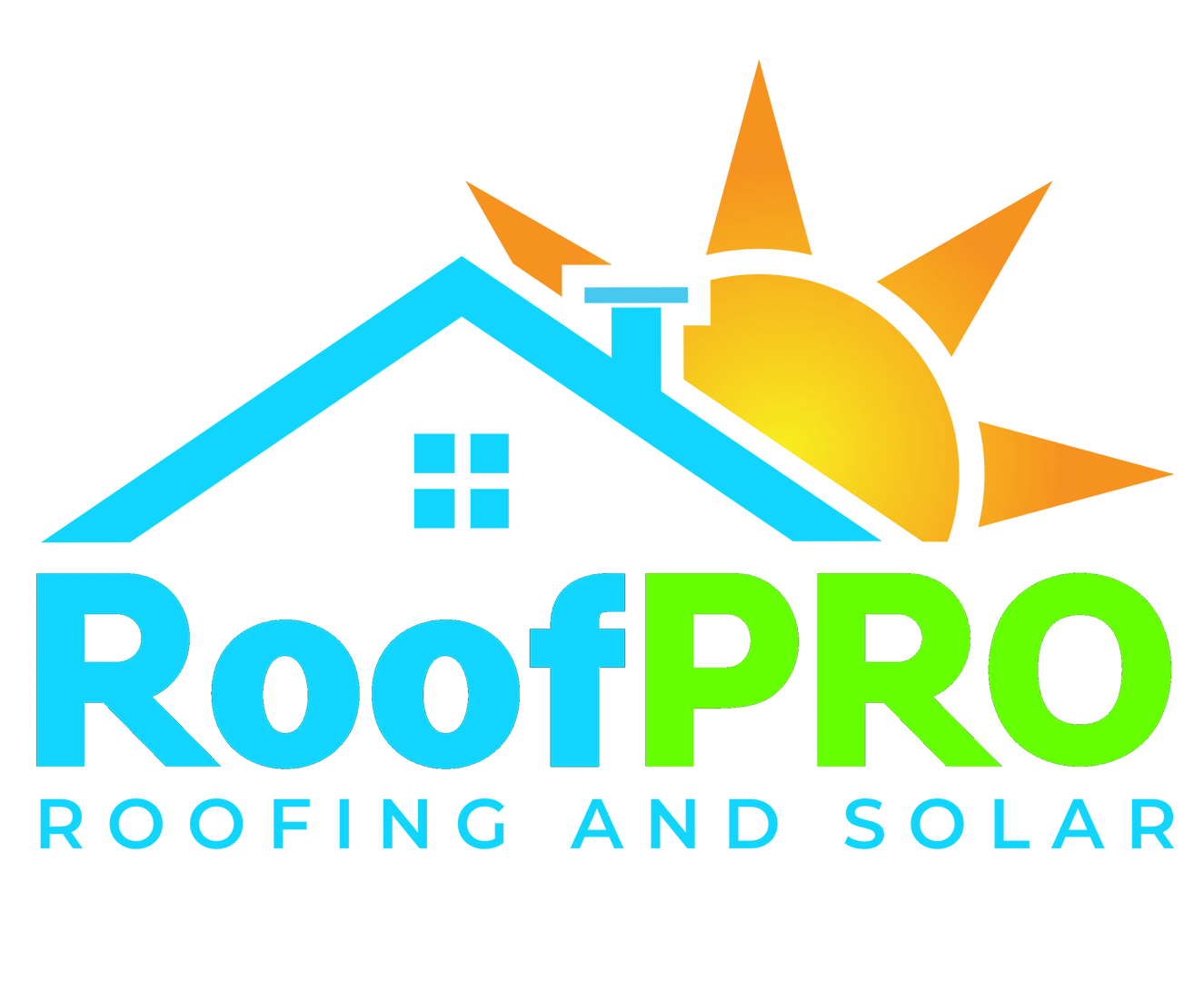How Florida’s Humidity Affects Your Roof
Florida is renowned for its beautiful beaches, sunny weather, and vibrant culture. However, the state’s high humidity levels can pose significant challenges for homeowners, particularly when it comes to roof maintenance and longevity. In this post, we’ll explore how humidity affects your roof, the potential problems it can cause, and tips for keeping your roof in top condition.
Understanding Humidity in Florida
Florida's climate is characterized by high humidity, especially during the summer months. Humidity levels can often exceed 70%, creating a warm, damp environment. This moisture-laden air can impact various aspects of your home, especially your roof.
How Humidity Impacts Roofing Materials
1. Mold and Mildew Growth
High humidity creates an ideal environment for mold and mildew to thrive. When roofs are not properly ventilated, moisture can become trapped, leading to the growth of these harmful fungi. This not only damages roofing materials but can also compromise the structural integrity of your home.
2. Material Degradation
Different roofing materials respond differently to humidity. For instance:
Asphalt Shingles: These can absorb moisture over time, leading to warping, curling, or even premature aging.
Wood Shakes and Shingles: Wood is particularly susceptible to rot and decay when exposed to prolonged humidity.
Metal Roofs: While they are generally more resistant, high humidity can lead to corrosion if not properly coated.
3. Increased Risk of Leaks
When humidity is high, the likelihood of storms and heavy rains increases. A roof that is already compromised by humidity may be more prone to leaks, leading to water damage inside your home.
Signs of Humidity-Related Roof Problems
As a homeowner, it’s important to be vigilant. Here are some signs that humidity may be affecting your roof:
Discoloration or Staining: Dark spots or streaks on your roof could indicate mold or algae growth.
Peeling or Bubbling Paint: This may be a sign of trapped moisture under your roof covering.
Odor: A musty smell inside your home can indicate mold growth, which may stem from roof issues.
Visible Mold or Mildew: If you see these on your roof or in your attic, it’s a clear sign of excessive moisture.
Tips for Protecting Your Roof from Humidity
1. Ensure Proper Ventilation
Good ventilation is key to managing humidity levels in your attic and preventing moisture buildup. Consider installing ridge vents, soffit vents, or exhaust fans to promote airflow.
2. Regular Inspections
Schedule regular roof inspections, ideally twice a year. A professional can identify and address potential issues before they escalate, such as mold growth or material degradation.
3. Invest in Quality Materials
Choose roofing materials that are designed to withstand Florida’s humidity. For example, metal roofs and certain synthetic shingles are often more resistant to moisture damage.
4. Maintain Gutters and Downspouts
Clogged gutters can trap water and moisture against your roof, leading to problems. Regularly clean your gutters and ensure that downspouts direct water away from your home’s foundation.
5. Consider Roof Coatings
Applying a reflective roof coating can help reduce heat absorption and protect your roof from moisture damage. Look for products specifically designed for humid climates.
6. Address Any Leaks Promptly
If you suspect a leak, address it immediately. The longer water sits, the more damage it can cause, leading to costly repairs and potential mold growth.
Humidity is an undeniable part of life in Florida, and it can significantly impact the health and longevity of your roof. By understanding the effects of humidity and taking proactive steps, you can protect your roof from moisture-related issues. Regular maintenance, proper ventilation, and quality materials are essential for ensuring that your roof remains strong and durable against the elements. If you have any concerns about your roof’s condition, don’t hesitate to reach out to us for guidance and support.
Stay proactive, and your roof will serve you well for many years to come!



